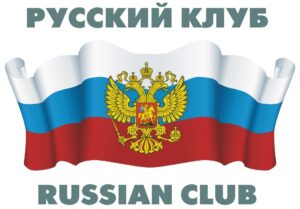Wednesday, March 20, 2:30 pm, Popp-Martin Student Union Theater
(Building 69 on this map; closest [visitor] parking is Union Deck)
Documentary by Yevgeni Mitta, Russia 2015/90 min.
Russian with English subtitles
Made possible with the support of the Popp Martin Student Union Theater Grant awarded to the UNC Charlotte Russian Club.
Introduction by Kate Skorodinskaya, Lecturer of Russian, UNC Charlotte. A discussion will follow the screening.
This documentary tells the story of the Russian all-girl punk rock band, Pussy Riot, who stood up to the Russian government’s human rights oppression. Pussy Riot chose the tactic of performing shows in public places such as subway stations, trains, cafés, or the roof of a trolleybus. A public performance of an original song accusing Russian authorities of sexism quickly drew international media attention; undeterred by the arrest of several members, Pussy Riot then decided to conduct a punk rock church service in the Moscow Cathedral of Christ the Savior on February 21, 2012. The film not only covers the controversy they created but explains how recent events in Russia led three of the members to be sentenced to two years in prison for performing “A Punk Prayer.”
At the beginning, after three members of Pussy Riot were arrested, it seemed as though they had no support at all. But suddenly, a number of stars around the world expressed their support for the artists – Red Hot Chili Peppers, Paul McCartney, Madonna, and many others. Members of Pussy Riot were offered liberty if they agreed with the prosecution and repented for their “crime” but they remained faithful to their position. The court sentenced the artists to two years in prison. Their defeat in the court became their moral victory. Concluding speeches of the girls in court show they are not broken and that they believe in their righteousness. All over the world, thousands of protesters shouted the chant “Liberty to Pussy Riot!”
The film has extensive raw footage of Pussy Riot’s actions and shows the phenomenon of “actionism” that is situated at the intersection of art, history, and politics. The story of Pussy Riot also shows what it means to start a feminist movement in the face of patriarchal nation-building and performing political art in public spaces. The actions of Pussy Riot could be interpreted as the continuation of the old Russian tradition of “holy fools” who were not afraid of speaking disagreeable truths even to Tsars.



